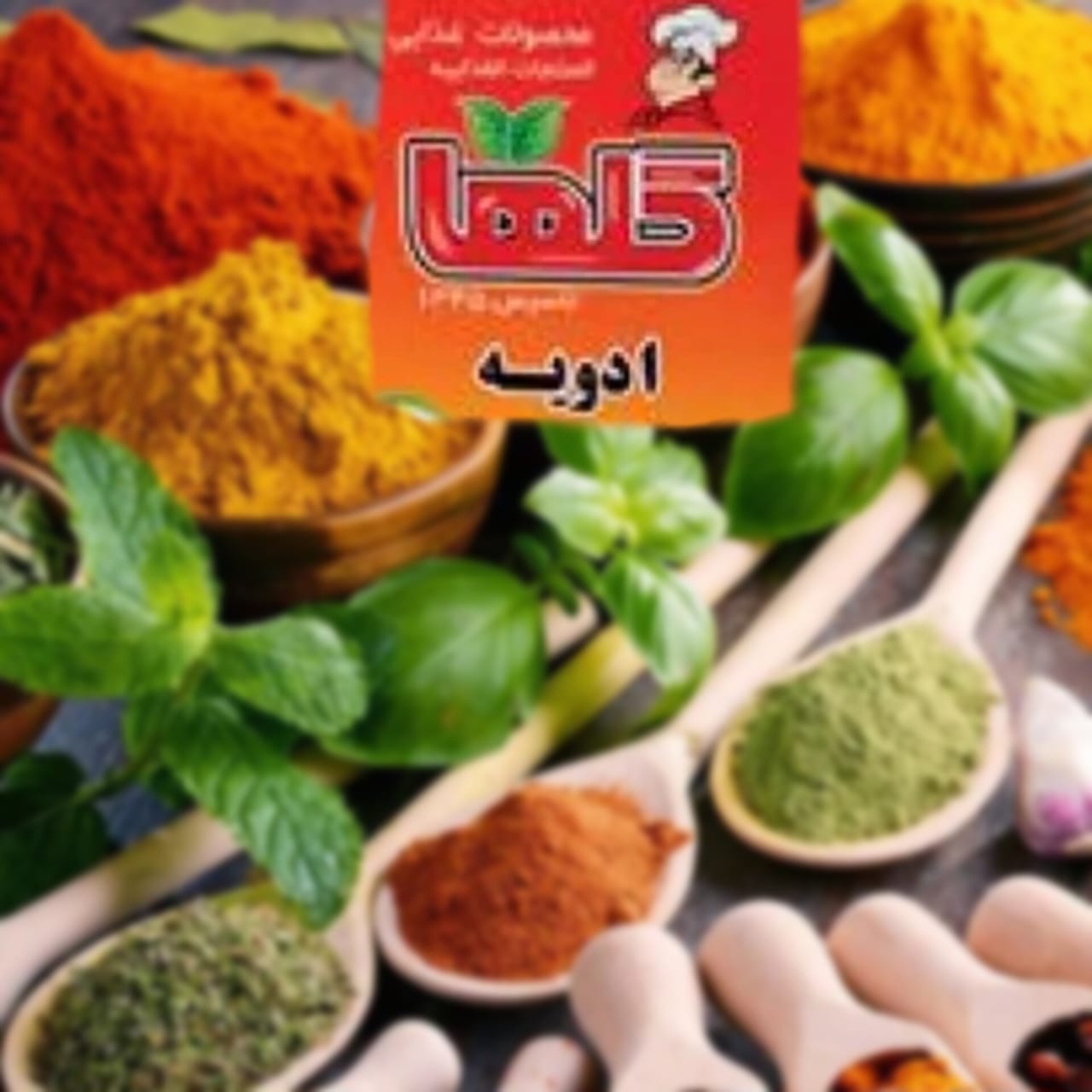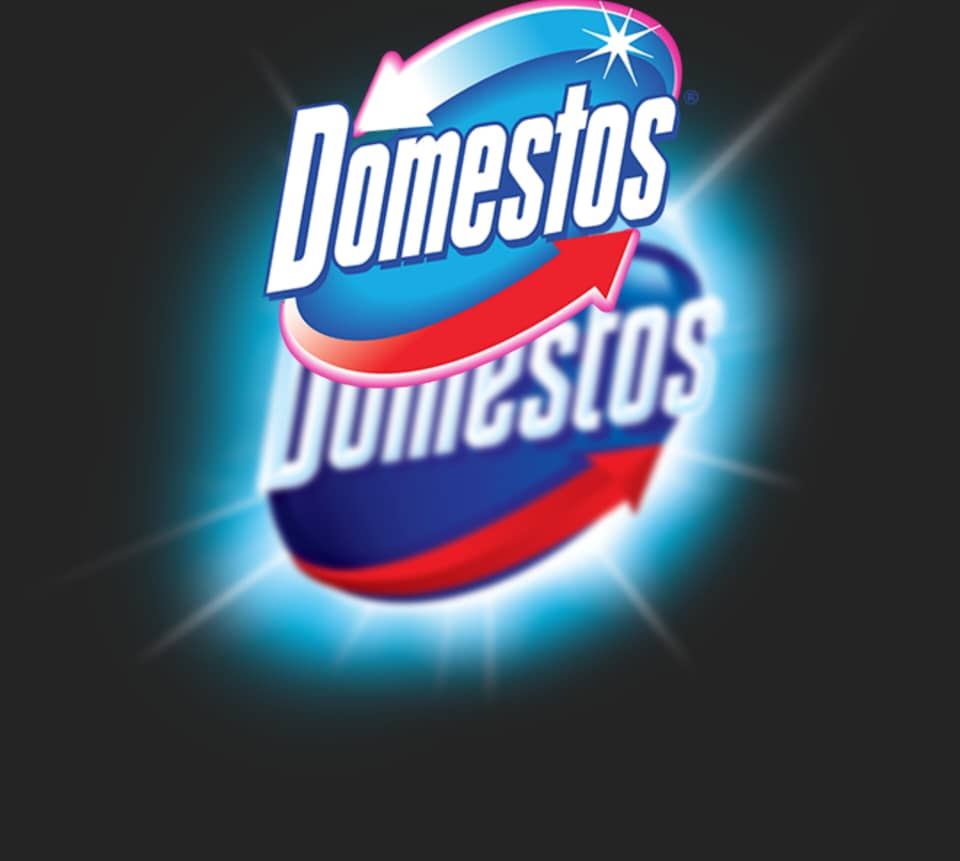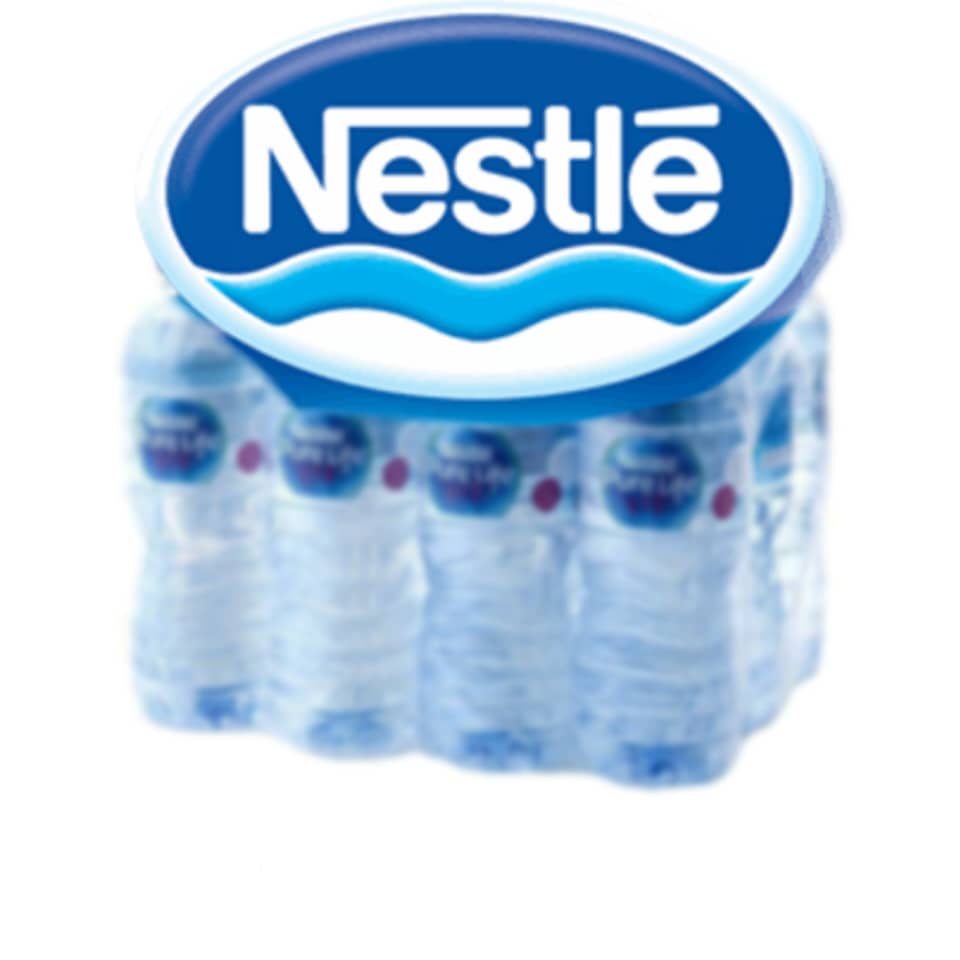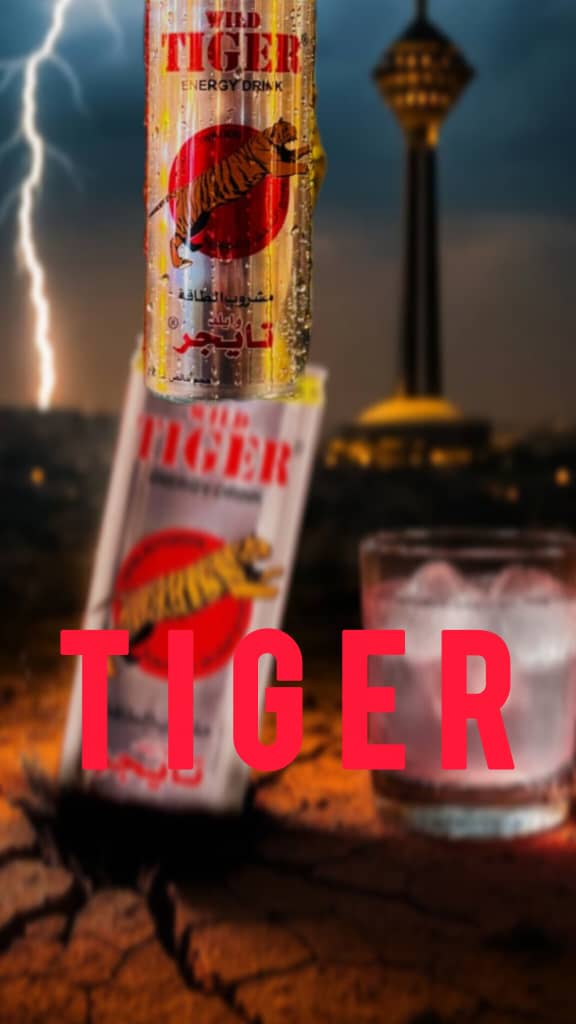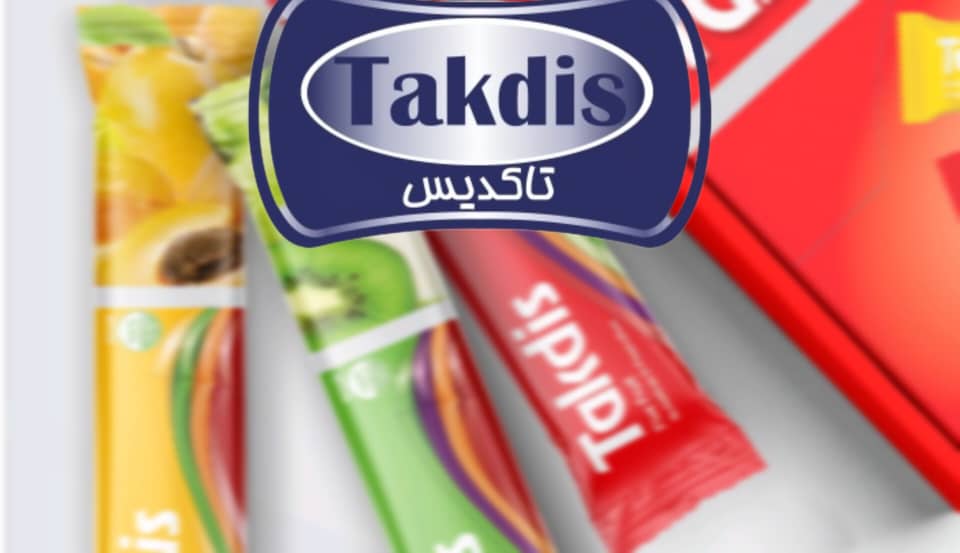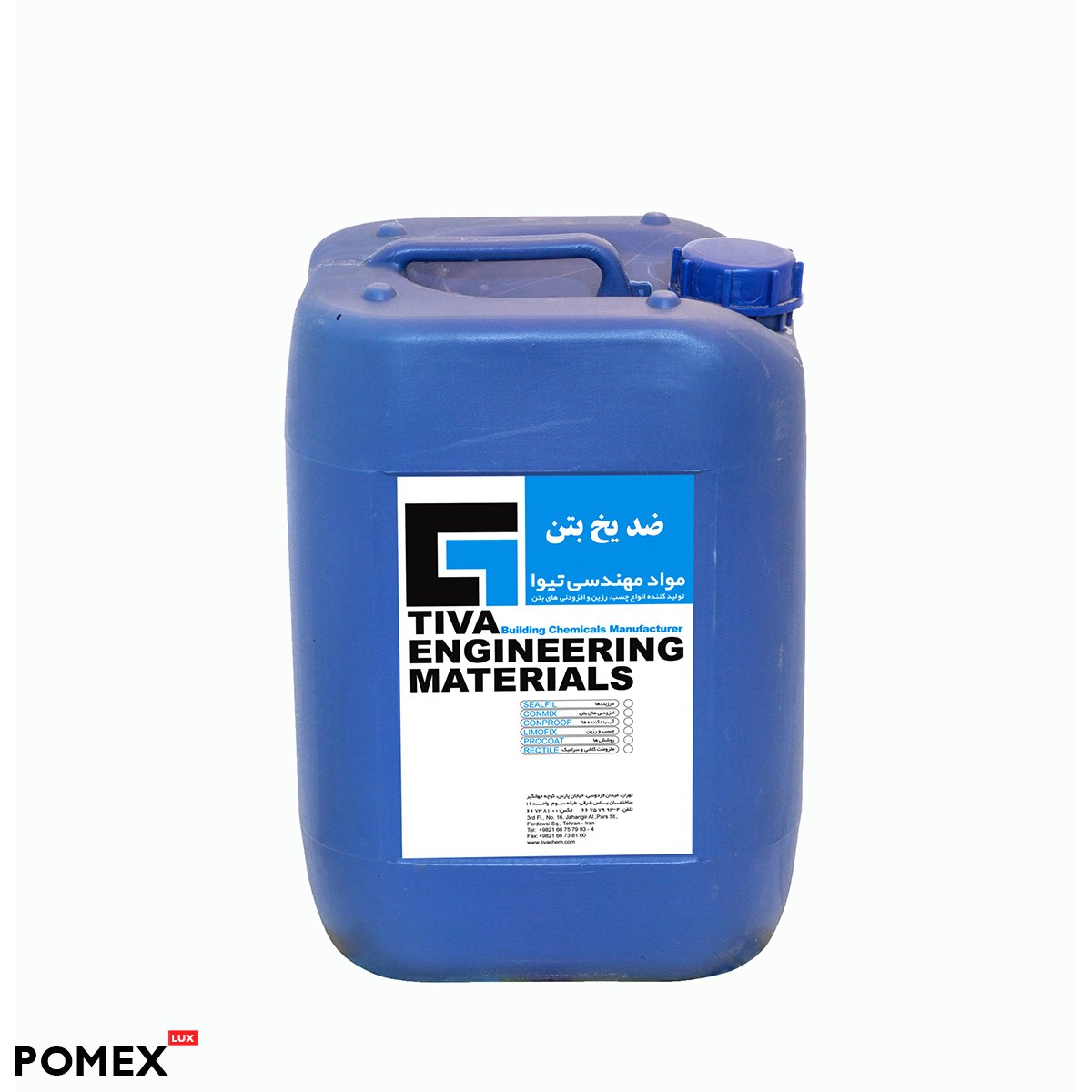
- Seen : 884 View
Tiva antifreeze cement hydration is a calorific reaction and since it is best to hydrate cement at a temperature between 10 to 25 degrees Celsius for 28 days and on the other hand the initial setting of concrete at 20 degrees Celsius takes about 12 hours. . Thus, to prevent the concrete from freezing in cold weather, we must reduce the initial setting time from 12 hours to about 3 to 5 hours, and this can be done by concrete antifreeze and complies with ASTM C494 standard and in two types Powder and liquid are produced and supplied.
By adding concrete antifreeze, on the one hand, a reaction called hydration (the reaction that cement shows with water) will increase its speed, and on the other hand, a kind of heat will be produced in the concrete mix.
Method of Use :
Pour the used antifreeze into the truck and after complete mixing with ready-mixed concrete, start concreting. When concreting in cold weather, pay attention to the following points:
Remove the surface of the molds and reinforcements from water, snow and ice.
If possible, heat them until their temperature reaches more than zero degrees Celsius.
Keep the concrete temperature constant around 4 to 6 degrees Celsius.
If possible, keep the concrete warm with a suitable cover.
If the antifreeze freezes at very low temperatures, place it in a warm environment to thaw it and avoid heating it.
If necessary, the materials, especially water, can be heated and the temperature of freshly poured concrete can be prevented by using a suitable coating.
During concreting, the temperature of any part of the concrete should not be less than +5 ° C, because otherwise the chemical activity of hydration of cement for setting and resistance will stop completely.
Indications :
Tiwa antifreeze to prevent water from freezing in concretes that are exposed to extreme cold.
Tiwa antifreeze to accelerate the initial setting of concrete, the risk of damage due to rapid changes in ambient temperature.
Reduce the freezing point and fluidity of concrete.
Carrying out repair work in cold and freezing weather.
Advantages :
Tiwa antifreeze is a product that can be used to concrete at a temperature of +5 to 15 degrees.
By increasing the antifreeze of Tiwa, the reaction of silicate in cement, which has been severely slowed down by the deposition of calcium hydroxide layers on it, accelerates, and the resulting heat helps to accelerate the setting of concrete, reducing the risks of rapid drop in ambient temperature.
By adding Tiwa antifreeze to the concrete mix, the amount of water used can be reduced by up to 10% without changing the concrete performance. This increases the compaction and density of fresh concrete and the stability of hardened concrete against freezing cycles.
Tiwa antifreeze is free of chloride and nitrate and does not damage reinforcement and concrete and is compatible with any type of cement.
Method of Use :
Pour the used antifreeze into the truck and after complete mixing with ready-mixed concrete, start concreting. When concreting in cold weather, pay attention to the following points:
Remove the surface of the molds and reinforcements from water, snow and ice.
If possible, heat them until their temperature reaches more than zero degrees Celsius.
Keep the concrete temperature constant around 4 to 6 degrees Celsius.
If possible, keep the concrete warm with a suitable cover.
If the antifreeze freezes at very low temperatures, place it in a warm environment to thaw it and avoid heating it.
If necessary, the materials, especially water, can be heated and the temperature of freshly poured concrete can be prevented by using a suitable coating.
During concreting, the temperature of any part of the concrete should not be less than +5 ° C, because otherwise the chemical activity of hydration of cement for setting and resistance will stop completely.
Physical and chemical characteristics:
yellow
Specific weight: 1/25 gr / cm3
7: ph
Packaging: in 20 and 25 gallons and 220 kg barrels
considerations :
Conditions and shelf life: in the original packaging and in the package away from cold and heat for one year
In case of contact with skin, rinse immediately with soap and water. In case of contact with eyes or respiratory mucosa, rinse immediately with plenty of water and seek medical advice immediately.
Environmental Tips:
Do not spill excess water or soil.
Saler Company Information

